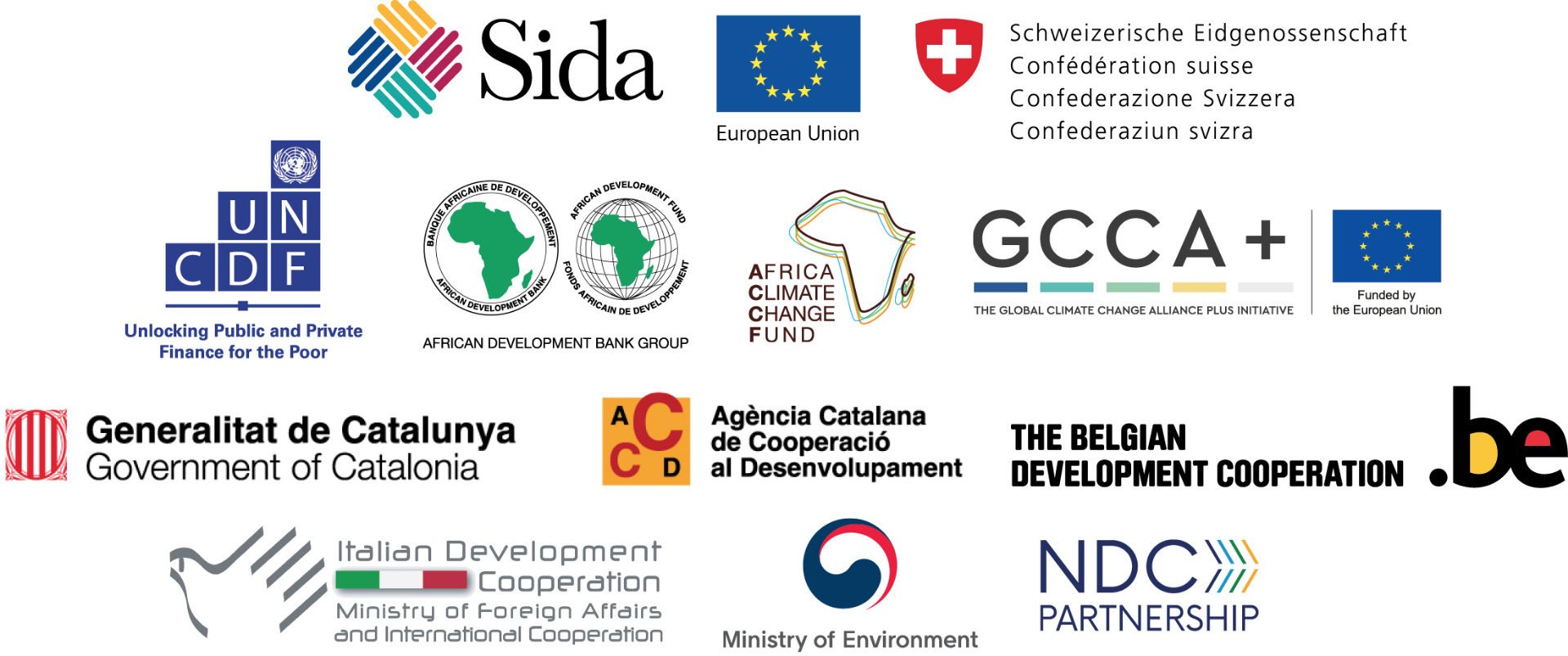Burkina Faso to roll-out LoCAL for locally led adaptation action
Tags
Burkina Faso has signed an agreement with the UN Capital Development Fund to deploy the Local Climate Adaptive Living Facility to advance the Sahelian country’s efforts to build resilience and adapt to climate change. Minister for the Environment, Green Economy and Climate Change Simeon Sawadogo and UN Capital Development Fund Executive Secretary Preeti Sinha sealed the agreement with a meeting and signature at the annual global gathering for climate negotiations, COP26.

UNCDF designed LoCAL some 10 years ago, first piloting the mechanism for transferring climate finance to local governments for locally led adaptation in Asia. Today LoCAL has grown to become a trusted global mechanism and - counting today’s signature – some 27 countries countries across Africa, Asia, the Pacific and Caribbean are implementing or designing their adaptation initiatives using the LoCAL approach.
Minister for the Environment, Green Economy and Climate Change Simeon Sawadogo and UN Capital Development Fund Executive Secretary Preeti Sinha sealed the agreement with a meeting and signature at the annual global gathering for climate negotiations, COP26.
“At a total cost of nearly $ 176,000, this pilot phase of the mechanism will be implemented in three municipalities over the period from October 2021 to December 2022,” said Mr Sawadogo, adding: “I welcome the successful signing of the Memorandum of Understanding and Letter of Understanding today between Burkina Faso and UNCDF, marking the start of the project."
Ms Sinha also welcomed Burkina Faso’s engagement with the LoCAL community and expressed UNCDF’s commitment to a fruitful collaboration.
Burkina Faso lies in the Sahel region of West Africa, one of the regions of the world that is most negatively impacted by climate change with rising temperatures, falling and unpredictable rainfall patterns as well as extreme weather events.
While much attention is given to international climate negotiations and national-level action, the impacts of climate change are most dramatically observed – and experienced – at the local level. LoCAL helps local government authorities in developing and least developed countries access the climate finance, capacity-building and technical support they need to respond and adapt to climate change. A standard, internationally recognized mechanism designed and hosted by UNCDF, LoCAL promotes climate change– resilient communities and local economies.
Local governments can be a powerful ally in promoting climate change adaptation and building resilient communities because they understand local needs, are first responders to climate change and have a mandate to undertake the small to medium-sized adaptation and infrastructure investments that can be transformative in building community resilience. Central to the LoCAL approach is giving communities a voice in the decision-making process, building consensus and working together for results.

The LoCAL mechanism combines innovative performance-based climate resilience grants (PBCRGs), which ensure programming and verification of climate change expenditures at the local level, with technical and capacity-building support. It is designed to re-enforce existing national and sub-national financial and fiscal delivery systems, and it uses the demonstration effect to trigger further flows for local adaptation action.
Follow us at COP26 where we're raising ambition on locally led adaptation.
Twitter: @UNCDFLoCAL #LLAHub
LoCAL EVENTS
Join other LoCAL events @COP26
LoCAL is present at numerous events during COP26.
Join the LoCAL Network
Visit our site sections
Get LoCAL news in your mailbox
Thanks to our partners:

